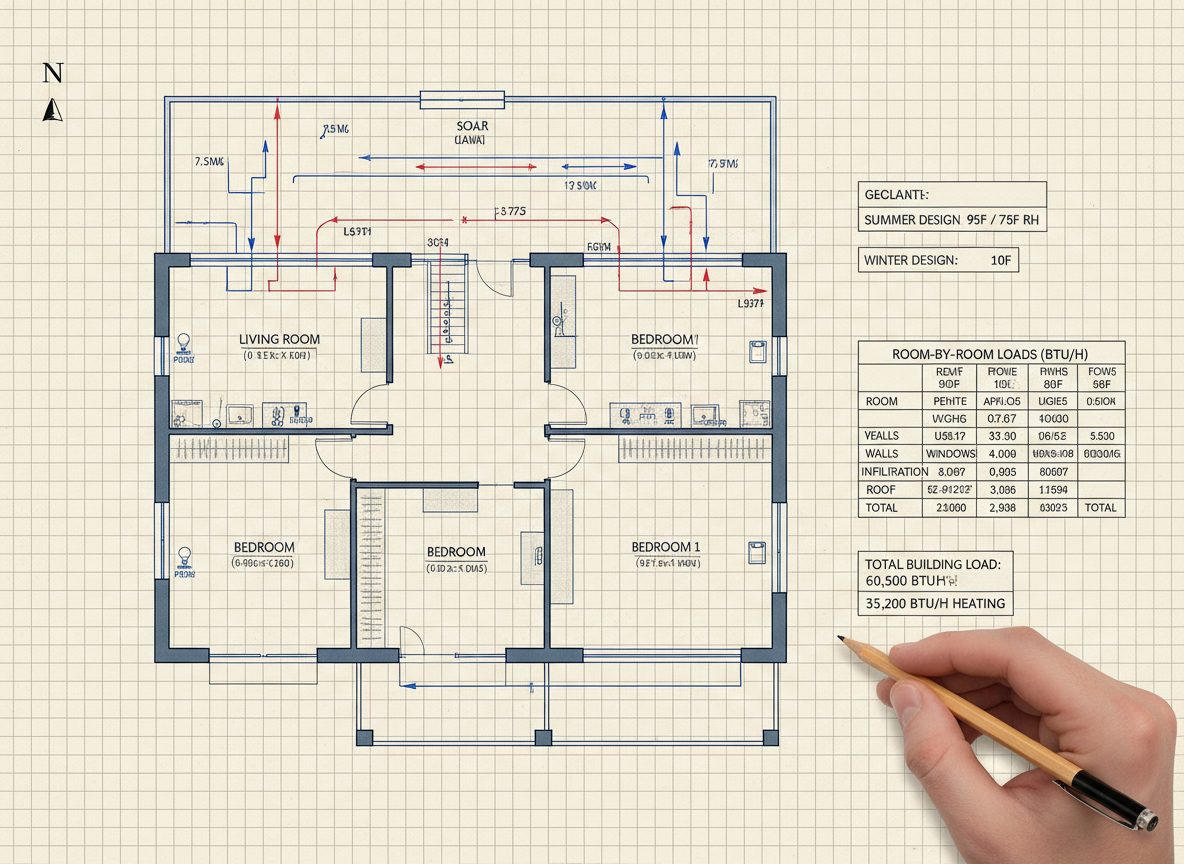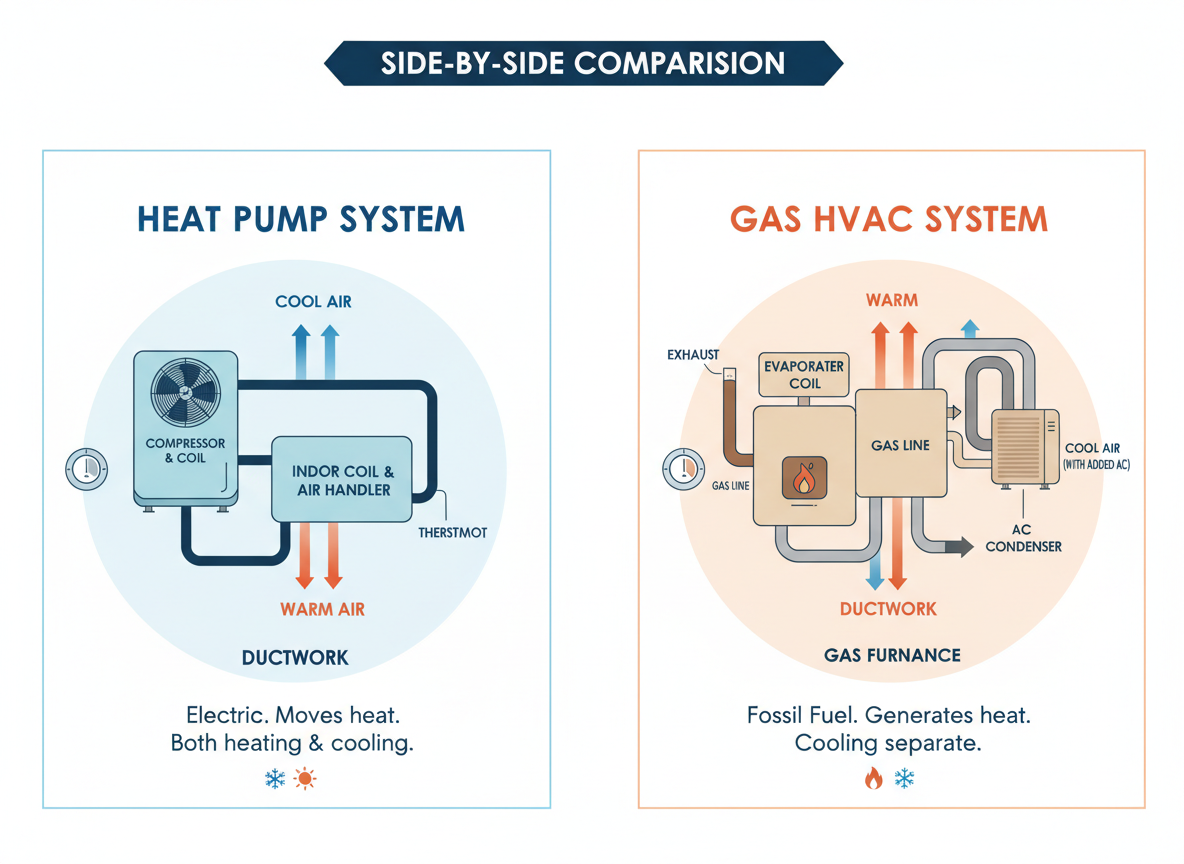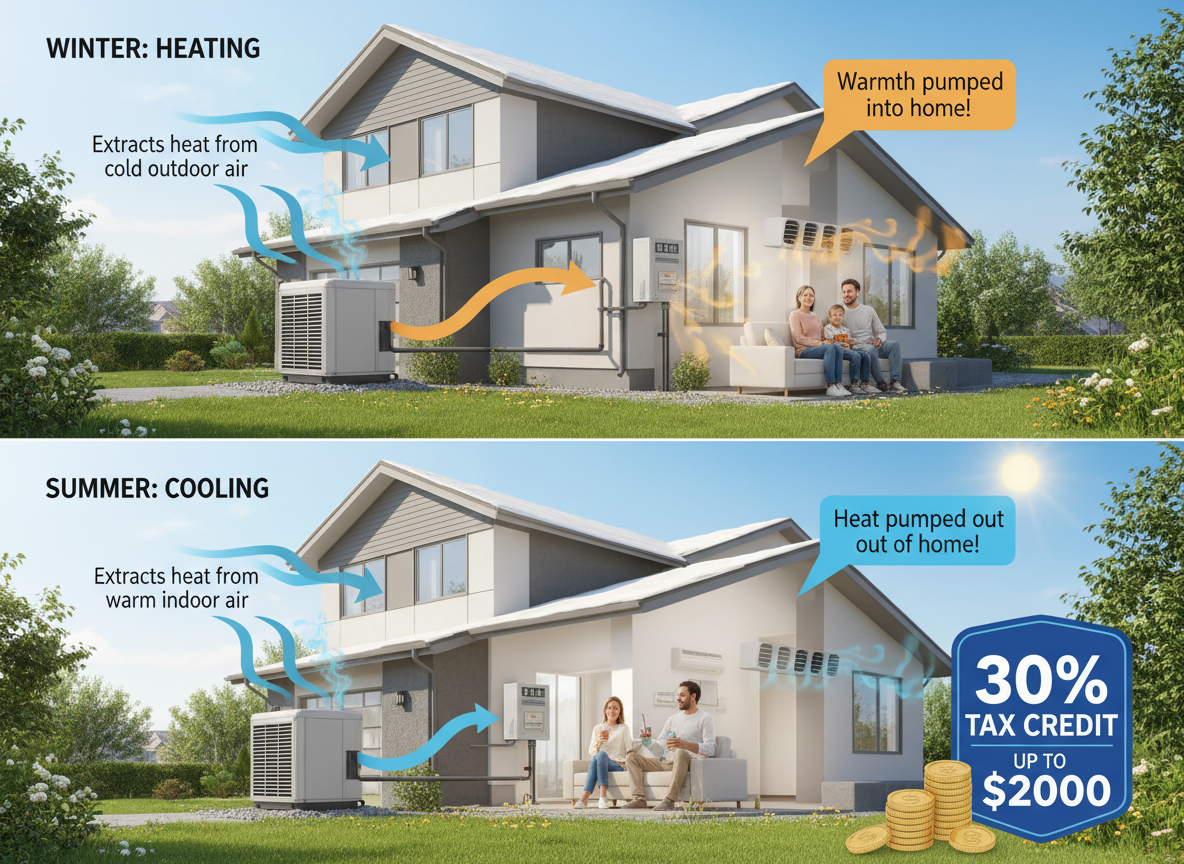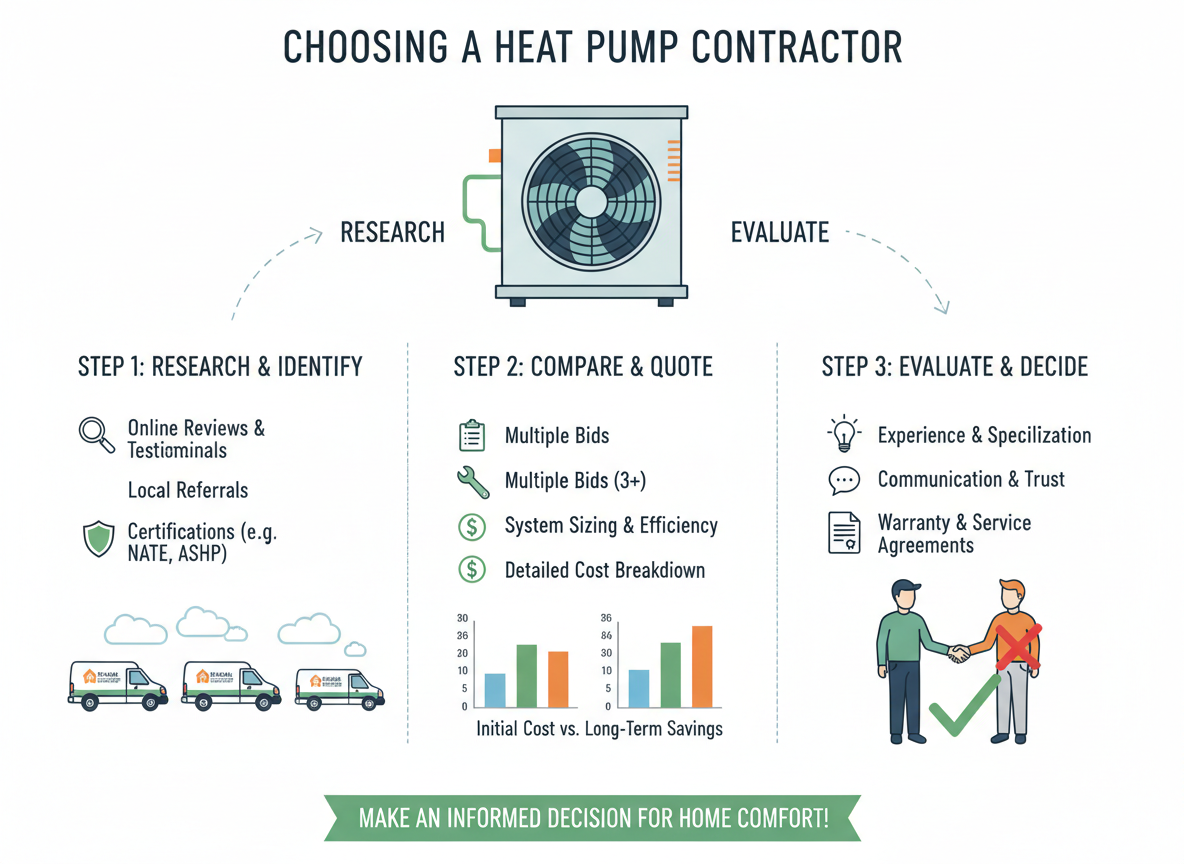
HVAC air filters are designed to trap particles, dust, toxins and other allergens and air pollutants. Indoor allergies pose issues year-round. If you suffer from allergies most likely air filters have been recommended to you at some point. Most importantly, regular HVAC maintenance of your HVAC system can greatly minimize allergy flare ups for you and your family. Below, we discuss a few of the allergens filtered by air filters and how to choose best filter for your HVAC system and home.
Common Indoor Allergens
Allergens are foreign particles that enter our body and cause allergic reactions. Allergens cause sneezing, coughing, congestion among other irritating symptoms. Many take antihistamines to alleviate these symptoms, but what people fail to realize is how many indoor allergens can also irritate our body system.
The most common indoor allergens are mold, pet dander, dust mites, and pollen. Regularly scheduled HVAC maintenance can help control and minimize these allergens. A clean air filter will trap and hold these particles so they are not redistributed through your home and keep them from entering your HVAC system and potentially causing damage.
Dust
Household dust is made up of a combination of dead skin, carpet fibers, and even soil brought into your home from outside. When surfaces in your home are neglected and not cleaned often dust can accumulate. Keep in mind, that excess dust can result in poor indoor air quality and can be especially bothersome for people who suffer from allergies. A clean air filter can capture dust and keep it out of the air you breathe in your home.
Pet Dander
It will not take long for your home to accumulate with pet dander even if you regularly sweep and vacuum. Pet dander can also wreak havoc on your allergies and your HVAC system if left unchecked. Air filters can also trap pet dander so you can enjoy your home without suffering from allergies.
Pollen
Pollen may be the worst of the allergens. Pollen can travel by wind and can enter the ventilation system of your home, and enter your home through your clothing or even hair. A clean air filter can help capture pollen so that it does not freely float throughout your home.
Choosing the Right Air Filter
Most importantly in order to achieve the best results from your air filter, it must be the correct one for your system and regularly changed. At minimum replace your air filters at least once every 3 months. However, for those that suffer from allergies it is best to replace them monthly. When purchasing an air filter you will come across different information. The first you will see is micron measurements.
For reference, 50 microns is the diameter of a human hair, and anything below 40 microns is too small to the naked eye. The next number you will come across is the MERV rating. MERV stands for Minimum Efficiency Reporting Value on a scale 1-16 to determine how many particles pass through the filter. The higher the number the more particles and pollutants the air filter is able to capture.
Best Air Filter Recommendations for Allergies
A permanent electrostatic filter with a MERV 8 and microns 1. This type of filter attracts particles in the air with its self-charging fibers. They can capture those smaller indoor pollutants with a high MERV rating that will not clog too quickly. You can also find washable versions of these filters, just ensure they are completely dry before placing back into your HVAC system.
A disposable electrostatic filter with a MERV 10 and microns 1. These types of filters are similar to the washable type but are not meant to be reused. If you choose this filter keep in mind that they need to be changed more frequently because of the higher MERV rating. Lastly, you will encounter HEPA filters with MERV 14-16 and microns as low as 0.3. HEPA stands for High Efficiency Particulate Air. Anyone that suffers from severe allergies as they can trap99.97 percent of airborne particles. Although they are highly efficient because they are able to capture so much dust, bacteria and other debris they clog quickly.
Furthermore, they put a lot of stress on your HVAC system. When choosing the best filter for your system you must follow manufacturer recommendations for type of filter to use. If HEPA is not adequate for your system it is best not to use one, as it can impede air flow, increase your energy bill or even cause damage to your HVAC system.
Contact LA Heating & Air
Give LA Heating & Air a call today at 818-341-3406 or contact us online. Regularly scheduled maintenance visits can help with improving your indoor air quality. We are here to help with maintenance, service, or free estimates give us a call today!
Allergens Filtered By Air Filters Related Posts:






















.png)














